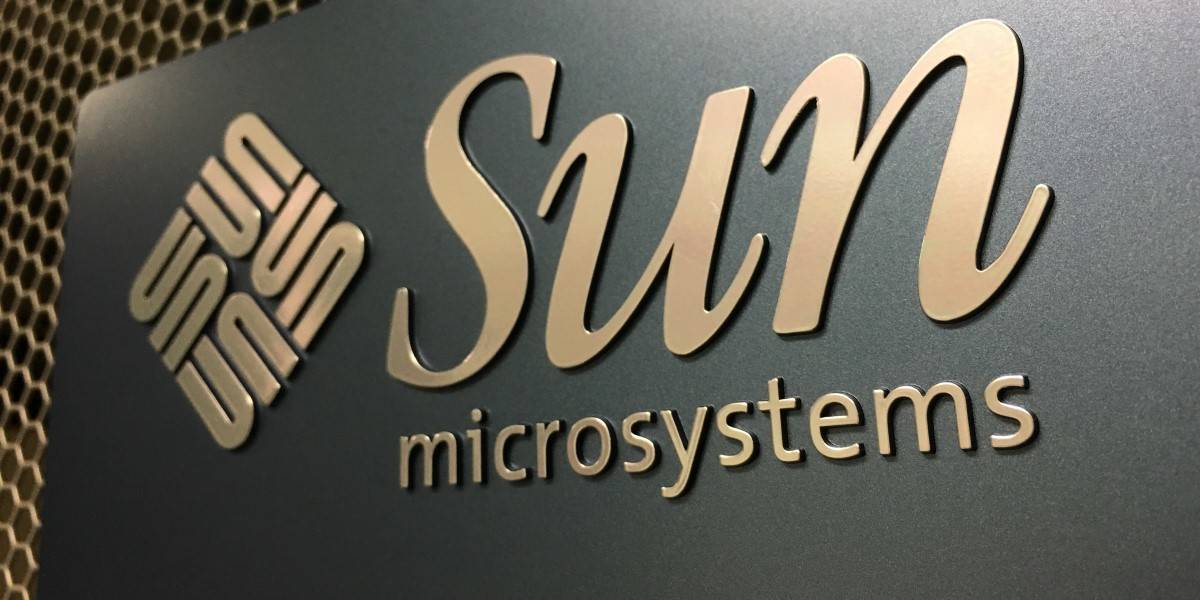Oracle has quietly extended paid support and upgrades for Solaris 11.4 to 2037 – three years past its previous deadline – and did the same for earlier versions of the OS last year.
Solaris is a proprietary Unix that Oracle acquired along with Sun Microsystems in 2010. Teamed with Sun’s own SPARC silicon, the OS was an unusually scalable and reliable option in its day and Sun’s early attention to web-scale tech made it a common choice for Web 1.0 players.
But by the time Oracle acquired Sun, Solaris was well on its way to becoming legacy tech. And in 2018 Oracle just about confirmed that status by halting development of a major upgrade and freezing the OS at version 11.4, plus continuous patches and package updates.
Recognizing that Solaris is the sort of kit that underpins mission critical applications that could run for decades, Oracle promised to offer ongoing support and continuous updates for Solaris well into the future – but no further big-bang releases.
Big Red offers three types of support:
- Premier – Maintenance of Oracle Sun hardware and integrated software such as firmware.
- Extended – Paid maintenance and upgrades for Oracle Solaris and Oracle Linux.
- Sustaining – Indefinite access to Oracle support tools and patches, plus “assistance from technical support experts,” for those willing to pay.
Solaris 11.4 had been under Premier Support until 2031, Extended Support until 2034, and Oracle has promised Sustaining Support for an indefinite period.
But last week Oracle quietly dropped an update to its Lifetime support policy [PDF] that states Extended Support for Solaris 11.4 will continue until 2037. The 2031 date for Premier Support’s discontinuation remains the same.
During 2023, Oracle added another three years of Extended Support to Solaris 10 and Solaris 11.3, both of which will now enter the realm of Sustaining Support in 2027 instead of during 2024.
These extensions should not be taken as a sign of enthusiasm for Solaris. Oracle continues to encourage migration of Solaris apps to version 11.4 and has tried to make such efforts easier by packaging the OS in developer-friendly forms.
But clearly there are still Solaris users out there who see the OS as a big part of their future, and are willing to pay for that privilege. Oracle is certainly not a charity, and would not have extended support if doing so were not profitable. ®

Laura Adams is a tech enthusiast residing in the UK. Her articles cover the latest technological innovations, from AI to consumer gadgets, providing readers with a glimpse into the future of technology.








